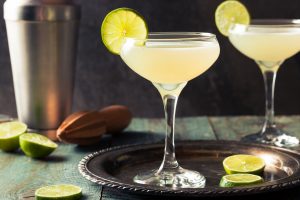
In general, alcohol negatively impacts even healthy individuals, but for someone with diverticulitis, the effects of alcohol may be greater and much worse.
Alcohol can trigger diverticulitis symptoms and even increase the frequency of flare-ups. You may find that your symptoms are managed more easily and that your flare-ups subside once you start avoiding alcohol.
If you are taking medications for diverticulitis, alcohol consumption can lead to further complications, so avoiding alcohol entirely is recommended to reduce the risk. Alcohol is well known for its adverse interaction with many medications and the ensuing complications.
Also, those who consume alcohol tend to have a poorer diet, which means reduced nutrition and fiber intake, so it comes as no surprise that these patients experience worsened diverticulitis symptoms. Research has shown that those who consume alcohol regularly are at a higher risk for diverticulitis, often stemming from their poor diet choices. On the other hand, those who consume alcohol in moderation and eat a more balanced diet have a lower risk of diverticulitis.
Estimating how much alcohol one can have with diverticulitis is tricky. Generally, you should avoid it completely to reduce symptom flare-ups and other problems. When in doubt, always speak to your doctor.
Foods to avoid with diverticulitis
If you have diverticulitis you should avoid the following foods as they can aggravate your condition and impede on healing.
- Nuts
- Seeds
- Gassy vegetables like broccoli
- Whole grains that contain nuts or seeds
- Dried fruit
- Sugary foods and soda
- Acidic food
- Refined food
- Fried food
- Alcohol
- Corn and corn products
By steering clear of alcohol and these trigger foods, you can promote healing and reduce your risk of complications associated with diverticulitis.